Critical Essays Archive
Decolonizing Poetic Form
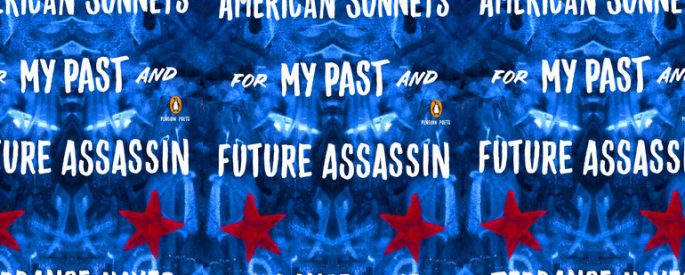
There’s no such thing as a singular “poetic tradition.” To suggest otherwise is horrendously erasive of the myriad poetic traditions, many of them oral, belonging to the world’s diverse cultures.
T-Shirts, Deportation, and the Epiphanies of Clemens Meyer in Mexico City
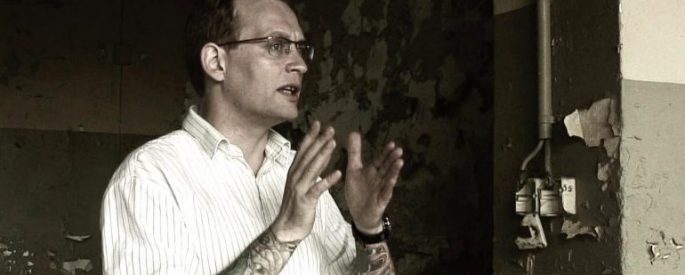
What is new and what is vestigial? What trauma is passed down and what trauma can be left behind? While some might consider Texas a kind of photo negative of the former East Germany, I think of those two states as simulacrum in many ways.
Women Grieving Women

Recent works by Sarah Perry, Michelle Zauner, and Sara Nović demonstrate how, with time, they were able to take their pain and paralysis and forge something beautiful.
The Troubled Utopias of Ursula K. Le Guin

Le Guin’s “The Ones Who Walk Away from Omelas” ultimately seems to at once embody and expose the limits of utopian thinking.
How Do You Outwit Writing in Writing?
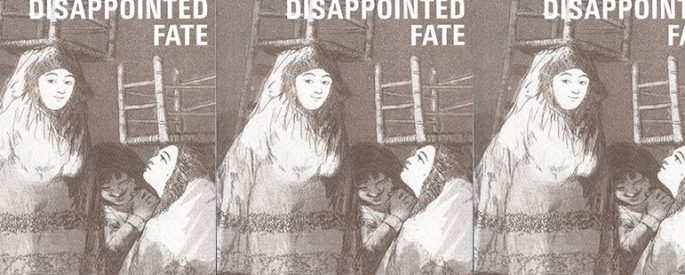
Anne Boyer's collection of essays, fables and manifestos collected from over a decade of her work, serve as both a scathing critique of and a brilliant testament to daily existence under the physical realities of oppressive structures.
Wisława Szymborska’s Influence on Poetry
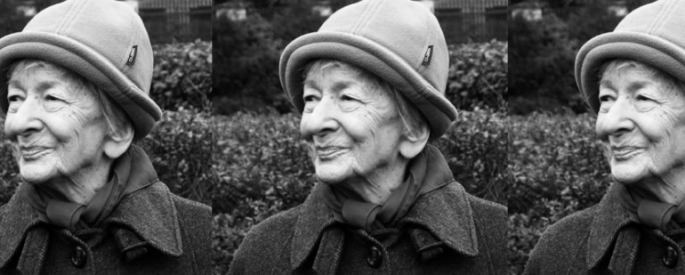
Poetry, Polish poet Wisława Szymborska contends, is the operative exercise of not knowing.
The Role of Images in Teju Cole’s Blind Spot
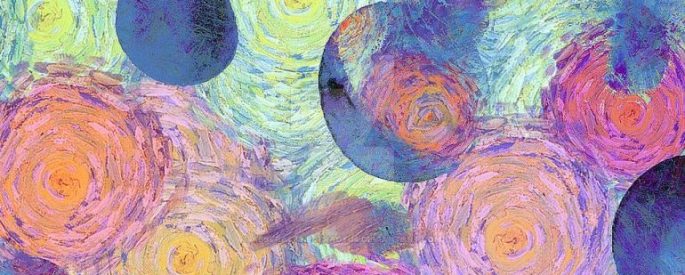
As is painting, so is poetry: the connection between the two cannot be denied, but its nature and significance have been heavily debated. Is poetry a verbal painting? Is painting silent poetry?
A Defense of Writerly Obsessions

Every writer has obsessions. These range from overarching themes, like the exploration of Jewish identity that characterizes many a Philip Roth novel, to extremely, sometimes bizarrely, specific motifs. Where some would criticize this repetition as a dearth of original ideas, such lifelong attempts to work through fixations can be
Self-Education in Tara Westover’s Educated

The first time Westover heard about the Holocaust, she was seventeen years old and in her first semester of college. Sitting in a lecture, she sees the unfamiliar word under an image in her textbook. “I don’t know this word,” she tells her professor. “What does it mean?”
Reading the Body in Second Person

The works of Daisy Johnson and Chimamanda Ngozi Adichie demand a close look at the inherent sense of intimacy within the second-person perspective, forcing us to consider how we read the body in this mode of storytelling.